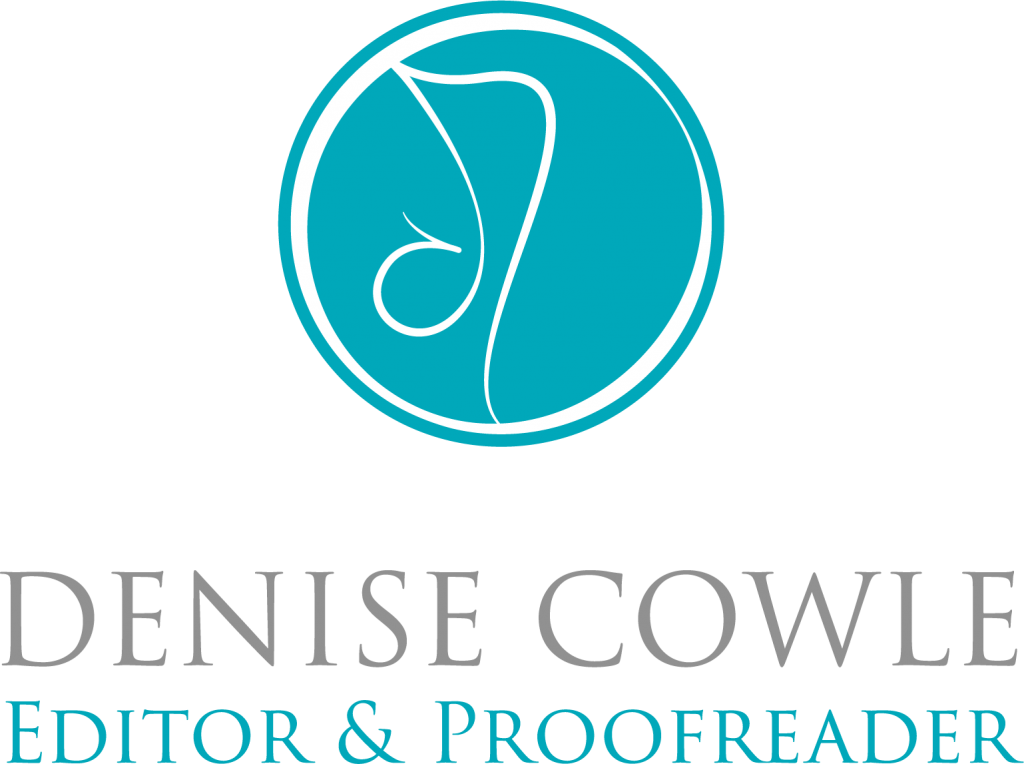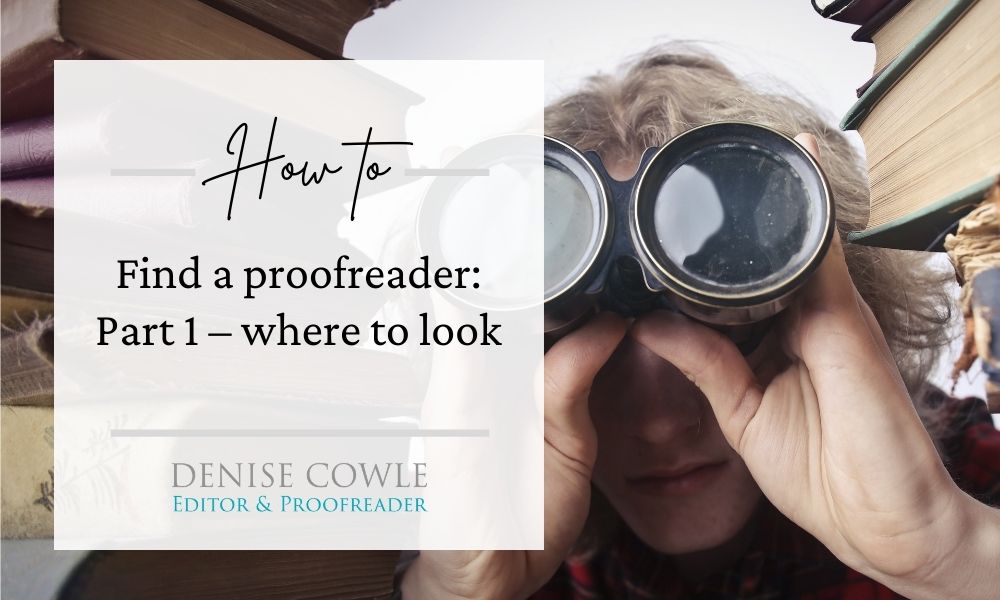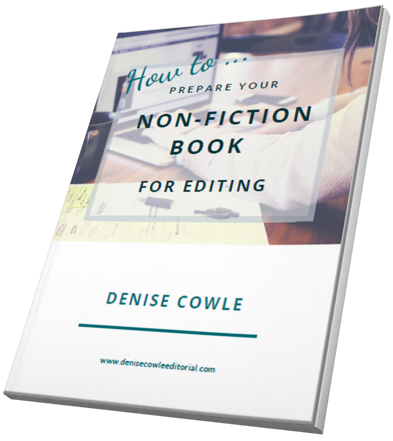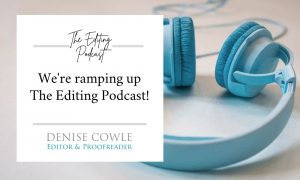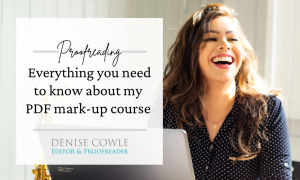PART 1: WHERE DO I LOOK FOR AN EDITOR OR PROOFREADER?
Is there a central register of proofreaders and editors?
Proofreading and editing are not licensed professions. You don’t actually need any kind of formal training before announcing to the world that this is what you do for a living and then start charging people for it.
Does that come as a surprise to you? It did to me, when I was planning my career change. I was a physiotherapist, which is a chartered profession, and I also had to be registered with the Health and Care Professions Council in order to practise in the UK. I had assumed that I would have to go through similar processes in order to work as a proofreader and editor.
Unfortunately this isn’t the case, and among all the well qualified, competent professionals you will find people advertising themselves as proofreaders and editors who have little or no training, or who mean well but aren’t up to standard. This can leave you vulnerable to paying for work that is below standard, shoddy and incomplete.
When you’re entrusting someone with improving your writing, how do you know that they’ll do just that, that they are competent to do it, and that they’re up to date with the latest developments in language use and trends in writing and the publishing world?
Can you be confident that they won’t actually make things worse by missing errors you’ve made or, even worse, introducing errors and imposing incorrect zombie rules they’ve half-remembered from English classes at school many moons before.
Where can I find a proofreader or editor?
|
You need to do your homework and take a bit of time to do some detective work – sort out the apples and pears. (Yes, I know that’s a rubbish metaphor, and it should maybe be apples and oranges, or separate the sheep from the goats, but I love this picture!) It has never been easier to vet someone now that we have the internet. |
You can look at national online directories, such as the Society for Editors and Proofreaders (SfEP) directory in the UK or the Editors’ and Proofreaders’ Alliance of Northern Ireland, or go local with, for example, the Glasgow Editors’ Network, the Edinburgh Editors’ Network or the South Wales Editors directories. All of these directories list editors who are members of the SfEP, so you can be sure that they have had training and comply with certain standards.
There are many other specific editorial resources, such as FindaProofreader, freelance:alliance and ProofreadMyEssay, among others. These sites act as middle men to connect freelance editors and proofreaders with clients and so they will take a handling fee, the details of which varies from site to site.
You can also try sites like Gumtree and Fiverr but, generally speaking, freelancers on these sites tend to be less experienced and less qualified, perhaps just doing it for a bit of extra cash rather than as a career.
Bidding sites – where you post a job requirement and people then bid for it – can be a race to the bottom, with service providers outbidding each other to give you the lowest quote. This may get you a great deal, but it’s unlikely to be the best quality, so tread carefully.
Of course, personal recommendation and word of mouth can also be a good way of finding someone who a colleague or friend has been happy with. But you’ll still want to check that they are a good fit for the type of work you need (see my previous post for things to think about), and it’s also still worth asking the questions below.
Once you’ve found a few people who you like the look of, you should do your detective work to reassure yourself that you’ve found an editor you can have confidence in.
My next post gives you six questions to ask when deciding whether a proofreader or editor is going to be a safe pair of hands for your writing.
Thanks for reading. How did you find your editor or proofreader? Was the experience straightforward or difficult? Are you still looking and having trouble finding the right person? I’d love to hear from you, so why not drop a comment below?
